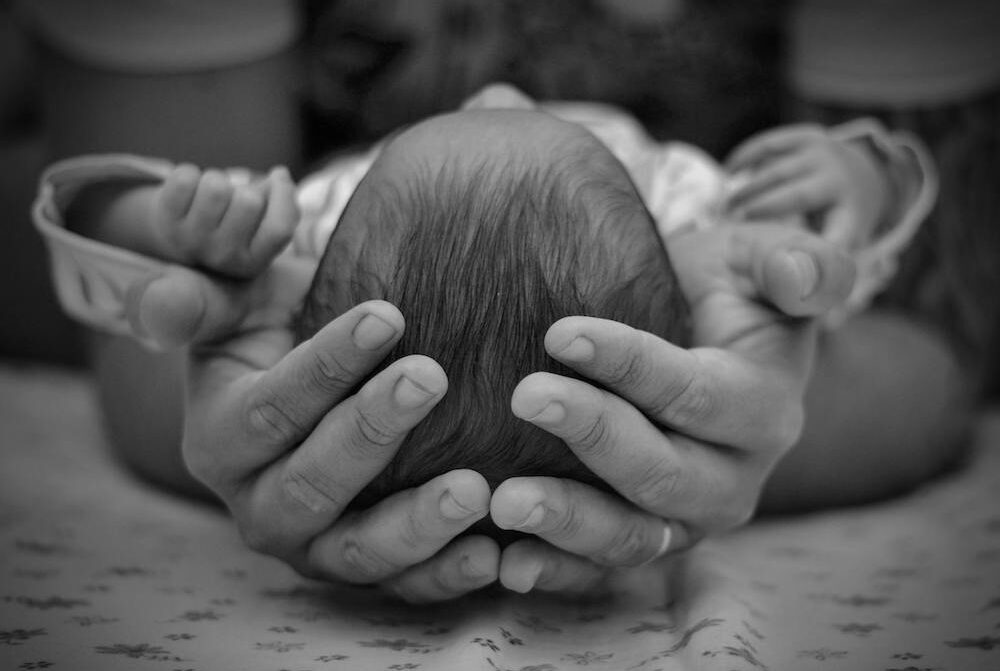Posted at 10:50h
in
Health,
Postpartum
C-sections (cesarean sections) are fairly common these days. So common that some people may think having one is a breeze and the recovery is uncomplicated. But, a c-section is actually abdominal surgery.
Posted at 11:50h
in
Health,
Postpartum
New mothers sometimes forget… since it took 9 months for your body to grow and develop a baby, it can also take months to feel “normal” again after giving birth. If you’re breastfeeding, you may not feel “back to normal” until after you’ve weaned. Many women never look and feel the same after giving birth. And, truly, why should we? A woman has grown, nurtured, and given birth to another person from her own body. As a result of this physiological process, some bodily changes will be temporary, others permanent. We encourage new mothers to embrace this reality and accept it as a loving initiation into motherhood.
What happens at Postpartum Checkups?
After you give birth to your baby, you might be wondering how many postpartum checkups you’ll have. All mothers will have an initial checkup one to three days after giving birth. You will have a bedside visit from your provider if...
No family, friend or partner wants to think about the possibility of their loved one suffering from postpartum psychosis. And, the truth is, it’s rare, affecting 1-2 women out of 1000. Perhaps the most famous case of postpartum psychosis is that of Andrea Yates, a mother of 5, who drowned each of her children in the family bathtub. They ranged in ages from 7 years old to 6 months.
In honor of Maternal Mental Health in May, let’s look more closely at postpartum anxiety, panic, and obsessive compulsive disorders (OCD). Postpartum anxiety, panic and OCD is part of a broader classification of postpartum mood disorders, which also includes postpartum depression and postpartum psychosis.
Postpartum anxiety disorders are very common in women, often occurring immediately or within 4-6 weeks after giving birth. Postpartum anxiety is characterized by fearful and distressing thoughts or feelings after the birth of the baby.
Posted at 10:34h
in
Diet,
Health,
Postpartum
The postpartum period can be challenging for new moms. Between the shifts in hormone levels, vaginal bleeding, and the newness of caring for your newborn, it can be overwhelming. Don’t neglect your own health and wellbeing. It’s so important that you prioritize your health as a new mom. Here are 6 postpartum health tips that will get your new journey off on the right foot.
If you’re planning on breastfeeding, it’s important to understand the direct link between your baby’s health and your diet. Just like during pregnancy, what you consume will be passed on to your baby. Many new moms are aware of this, but aren’t sure what foods to avoid while they're breastfeeding. This article will help you understand what foods could be a risk to your baby.






